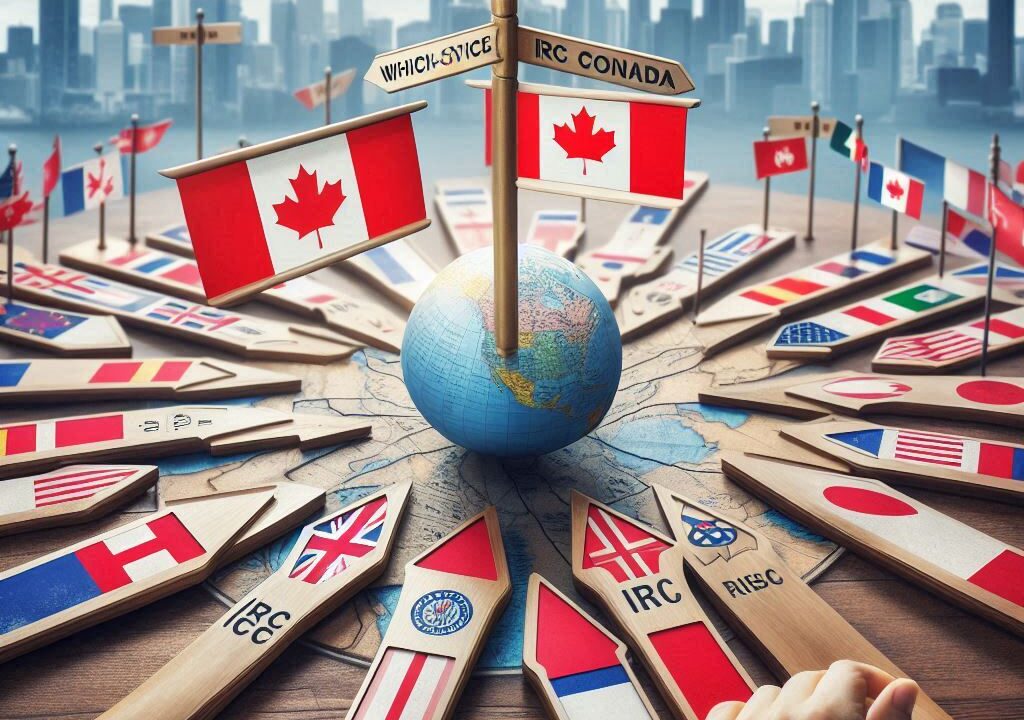The Canadian government has recently announced a series of major changes aimed at reducing the number of temporary residents in the country. These reforms, led by Immigration, Refugees and Citizenship Canada (IRCC), signal a shift in the nation’s immigration policy, and many are wondering: is Canada closing its doors to international talent?
Let’s break down these changes and what they mean for international students, foreign workers, and their families.
1. Lowering the Cap on Study Permits
Canada has long been a popular destination for international students. However, the government is now limiting the number of study permits issued each year. By 2025, Canada will issue 437,000 study permits—a 10% reduction from the 2024 target of 485,000. This number will remain stable into 2026.
Why Is This Happening?
This cap is part of Canada’s plan to manage the growing volume of temporary residents. While international students bring great economic and cultural benefits, the government aims to ensure that only a sustainable number are admitted each year. By lowering the cap, Canada hopes to better support the students who do arrive and ensure they have access to necessary resources, such as housing, jobs, and community services.
For more information, you can speak to Happy Face
2. New Requirements for Master’s and PhD Students
Starting in 2025, international Master’s and PhD students will face an additional hurdle: they must now provide a Provincial Attestation Letter (PAL). This letter will confirm that their studies align with the needs of the labor market in their specific province or territory.
What Does This Mean for Graduate Students?
For those looking to pursue a Master’s or PhD in Canada, this new requirement means additional paperwork and possibly stricter admission standards. Only students whose studies will directly benefit the province’s economy are likely to receive the PAL. This could make it harder for some students to gain admission, especially in fields that are not in high demand.
For more information, you can speak to Happy Face
3. Stricter Spousal Work Permit Eligibility
Previously, spouses of international students could easily obtain open work permits, allowing them to work in Canada while their partner studied. Now, the government is tightening these rules.
New Rules for Master’s Students
Only the spouses of Master’s students in programs that are at least 16 months long will be eligible for open work permits. This change reflects the government’s broader effort to manage the number of temporary residents more carefully.
4. Changes to the Post-Graduation Work Permit (PGWP)
The PGWP has long been a key pathway for international students to stay and work in Canada after completing their studies. However, eligibility for the PGWP will now depend on Canada’s labor market needs.
New Language Test Requirement
Starting in November 2024, anyone applying for a PGWP will need to take a language test. The required language proficiency level will depend on whether the applicant graduated from a university or college:
- University graduates must achieve a Canadian Language Benchmark (CLB) level 7.
- College graduates must achieve CLB level 5.
This change ensures that international students are equipped to integrate into the Canadian labor market and contribute effectively.
For more information, you can speak to Happy Face
Is Canada Closing Its Doors to International Talent?
It might seem like Canada is making it harder for international students and workers to come to the country, but the goal is not to close the door entirely. Rather, the government wants to ensure that the number of temporary residents remains sustainable. By focusing on those whose skills and qualifications match Canada’s economic needs, the country can continue to benefit from international talent while maintaining a balanced immigration system.
For more information, you can speak to Happy Face
Canada Visa Sponsorship, Free Application
The Bigger Picture
The government’s strategy is about long-term planning. After the pandemic, Canada faced labor shortages, which led to an increase in temporary residents. However, as the economy evolves, the labor market is now stabilizing. Canada must adapt to these changes by making sure that those who come to the country can find meaningful employment and have the skills needed for success.
These reforms are also aimed at protecting vulnerable individuals, such as international students who may be exploited by unscrupulous employers. By raising the bar for language proficiency and limiting spousal work permits, the government hopes to better control the flow of temporary residents and ensure that those who do come are set up for success.
What Do You Think?
These changes may seem daunting for those planning to study or work in Canada, but they are also a signal that the Canadian immigration system is evolving to meet new challenges. What do you think of these reforms? Will they make it harder for international talent to come to Canada, or do you see them as a necessary step to protect both temporary residents and the Canadian economy?
For more information, you can speak to Happy Face
Keep an Eye on Happyface Travel for More Updates!
Whether you’re a student, worker, or just someone interested in immigration news, stay tuned for more updates from Happyface Travel. We’ll keep you informed on all the latest changes and provide tips to help you navigate your Canadian journey. Canada may be making adjustments, but opportunities are still out there for those who are well-prepared.
Disclaimer
Source : Strengthening temporary residence programs for sustainable volumes








